It’s pretty easy to make fun of the Hollywood Foreign Press Association and their Golden Globes. And a lot of fun to boot. But for all the awards they give out merely to get the most glamorous stars to give the most glamorous speeches, they’re almost just as likely to recognize something totally deserving, a film or performance or director of true merit who the Academy Awards perhaps didn’t see fit to similarly honor (as is the case with all these films). These ten might not be better than the films Oscar loved that same year (really, in some cases, I have no idea; you can’t see everything, kids), but I’ve found it’s worth paying attention to the Globes for the very fact of their recognition. And you can bet I’ll be tuning in on Sunday to see if their 71st ceremony adds to this mighty roster.
10.) Lost in Translation wins Best Picture, Musical or Comedy (2003)
When I was a much younger cinephile, I actually held the Globes in higher esteem than the Oscars, and decisions like this were a big reason why. Lost in Translation was, in my rarely-humble opinion, the best film of its release year, and one that continues to move me deeply many years later. The HFPA may have gone with the way of the world by giving its dramatic award to The Lord of the Rings: The Return of the King, but that Comedy category, as it so often does, saved room for Sofia Coppola’s magnificent film. That it possesses not a few musical qualities, beginning with the splendid soundtrack and score and into the karaoke performances from stars Bill Murray and Scarlett Johansson, makes it all the more fitting.
9.) Tom Cruise wins Best Supporting Actor for Magnolia (1999)
For fans of Tom Cruise like myself, there is no awarding Tom Cruise too much. It cannot be done. Frank T.J. Mackey is one of those absolutely singular creations, a guy exactly suited to Cruise’s brand of intense sincerity that sometimes reads as a complete construct, but with a past boiling within him that seems aching to explode (and so, indeed, it eventually does). He knocks his eventual weepy scenes down flat, pointedly given nothing to play against yet seeming to confront the very agony of life itself. I’m not going to spend a whole lot of time bemoaning the way the Oscars went any given year, but that they saw Michael Caine and The Cider House Rules more worthy is to their lasting shame.
8.) Ordet shares the award for Best Foreign Language Film (1956)
Carl Theodor Dreyer’s landmark film knocked me out cold when I saw it on one exceptionally fortuitous spring day some years back (which also included Mulholland Dr. and Straw Dogs; some days it all just works out for you). The film, based on a play by Kaj Munk, very much dwells on the difficulty of faith, both for those who believe and those who do not, and how neither conclusion totally squares the various difficulties of existence. Despite the slow pace (or perhaps because of it, depending on your aesthetic outlook), it’s incredibly riveting dramatically, deeply moving emotionally, and quite spiritually moving, wherever you fall on that spectrum. The HFPA has given this award out with somewhat irregular criteria; in 1956, Ordet shared the prize with Stella; Sons, Mothers, and a General; Eyes of Children; and Dangerous Curves.
7.) Peter Sellers wins Best Actor, Musical or Comedy for Being There (1979)
Director Hal Ashby’s assessment of the ease with which the film was made – “like walking on air” – directly informs the film’s final shot, but it’s also quite descriptive of the feeling of watching it as well. Where most satires bludgeon you with smug cleverness and more overtly-stated themes than a Stanley Kramer film, Being There just sort of watches it all glide by with quiet bemusement, an approach directly informed by its protagonist. What Sellers does with Chance the gardener is exceedingly brilliant, suggesting some level of mental handicap while never insisting that what inhibits him is so simple as that (or media saturation, or social insulation, or anything else we see). There may be a hidden secret or nothing at all. Chance remains as mysterious to us as to the public he beguiles.
6.) Susan Kohner wins Best Supporting Actress for Imitation of Life (1959)
Imitation of Life is a perfect film for many reasons, but it also perfectly embodies the contradictions inherent in approaching the cinema of the 1950s. On the surface, it seems like a rather pat and comfortable, slightly stilted and almost certainly outdated dramatic rendering of racial tensions in the years before the Civil Rights movement. In fact, it could not be more relevant or resonant to any era, more incisive in its investigation of white liberalism, or more moving a portrait of the families we make when the ones we had abandon us. Right at the fulcrum of this is Susan Kohner’s Sarah Jean, a fair-skinned African American teenager who can pass for white, so long as nobody sees her with her mother (Juanita Moore). And so she goes about doing what all people her age do, only with great zest and anger, defying her mother and trying to craft an identity all her own. Her scenes with Moore are devastating, as Kohner carefully toes the line her character has drawn, desperate to set herself apart from her mother without fully abandoning her, yet unable to totally achieve the latter. It’s an astounding performance.
5.) Karen Black wins Best Supporting Actress for Five Easy Pieces (1970)
Karen Black was a frighteningly good actress, and there are few performances of hers I’m quicker to cite than Five Easy Pieces. While star Jack Nicholson’s Bobby Duprea is a beautifully constructed dramatic protagonist, Black’s Rayette could have been pulled from the diner in which she works and plopped right into the movie for how achingly real she is. Unafraid to play into the call for her to be a little loud, a little obnoxious, and a little embarrassing a companion for Bobby, Black nevertheless remains entirely sympathetic and endearing, never aware that her behavior is out of sync with the rest of the room because she’s never known a room unlike her own.
4.) Donald O’Connor wins Best Actor, Musical or Comedy for Singin’ in the Rain (1952)
In an age in which more and more lead performances are getting shuffled over to the supporting category for purely political reasons, this is also noteworthy in that the Golden Globes gave their lead performance award to what is, to nearly any other viewer, undoubtedly a supporting one. O’Connor is practically a sidekick in the film. Yet his presence emits so strongly that any cries of “category fraud,” as one often hears today, would have to be immediately silenced. And for those who say, as they did of Anne Hathaway’s performance of “I Dreamed a Dream” in Les Miserables, that this award is clearly for a single song (in this case, his stupendous “Make ‘Em Laugh”), well, even if that’s all you have (which it isn’t), what else do you really need?
3.) Marilyn Monroe wins Best Actress, Musical or Comedy for Some Like it Hot (1959)
After attempting to be taken more seriously, with less-than-serious reception, in Bus Stop and The Prince and the Showgirl, Marilyn Monroe went back to doing what she did best, and did it better than ever in Billy Wilder’s 1959 masterpiece. Luckily, the HFPA has a place specifically for such performances, where Monroe’s numerous talents can be fully appreciated. Her performance as Sugar “Kane” Kowalczyk is at once a distillation of her bombshell image and something of a deconstruction, as she muses about the many men who have loved and left her, only to end up repeating the same mistake with Tony Curtis (though really, who could blame her, amirite ladies?). She’s funny, sexy, charming, touching, and magnetic – she is motion pictures.
2.) The Social Network wins Best Picture, Drama and David Fincher wins Best Director (2010)
Easily the most egregious violation of basic sanity in the last ten years of Oscars happened at the awards for 2010 films. Even if we don’t always agree with the Academy’s top selection, we can expect, when faced with something truly good, that they’ll step up to the plate and do what must be done. The King’s Speech is a decent, somewhat rousing drama. The Social Network is an expertly crafted, beautifully acted, magnificently composed, and, most pertinent to the concerns here, fiercely directed modern classic. Fincher, always able to compose a shot and find a certain energy to the film at hand, had, with Zodiac, The Curious Case of Benjamin Button, and finally The Social Network (the less said about The Girl with the Dragon Tattoo, the better) become a truly masterful filmmaker, someone who understood how the tiniest components of a film inform the texture of not only the moment, but the piece as a whole. The HFPA, of all people, got this completely.
1.) Joshua Logan wins Best Director for Picnic (1955)
Here’s the thing about Picnic – it’s really, really, really good. Here’s the other thing about Picnic – it has not entirely stood the test of time. When people talk about how the best films are the ones we still talk about twenty or thirty or fifty years after their release, I think of Picnic, which almost never gets discussed anymore yet remains a vital and resonant. The film follows Hal Carter (William Holden), a former college football star and World War II veteran who’s at the end of his rope when he hops off an empty car in a freight train and into a Kansas town, hoping to land a career with the help of his college friend, the son of a wealthy industrialist. Instead he manages to, as so many postwar stage protagonists do, just muck everything up, most of all with his friend’s steady girlfriend, Madge (Kim Novak). The titular event refers to the town’s annual Labor Day soiree, where Logan really dispenses with its stage-play origins (it was adapted from William Inge’s theatre work of the same name), musing on the lyrical calm of those last-of-the-summer evenings and the aching sexuality that sets in when it’s still hot after the sun sets. Modern viewers may be put off by the more melodramatic turns of the cast, but its deeply cinematic expression of postwar heartache and melancholy is up there with the best of Sirk, and thus the best of cinema.
…


















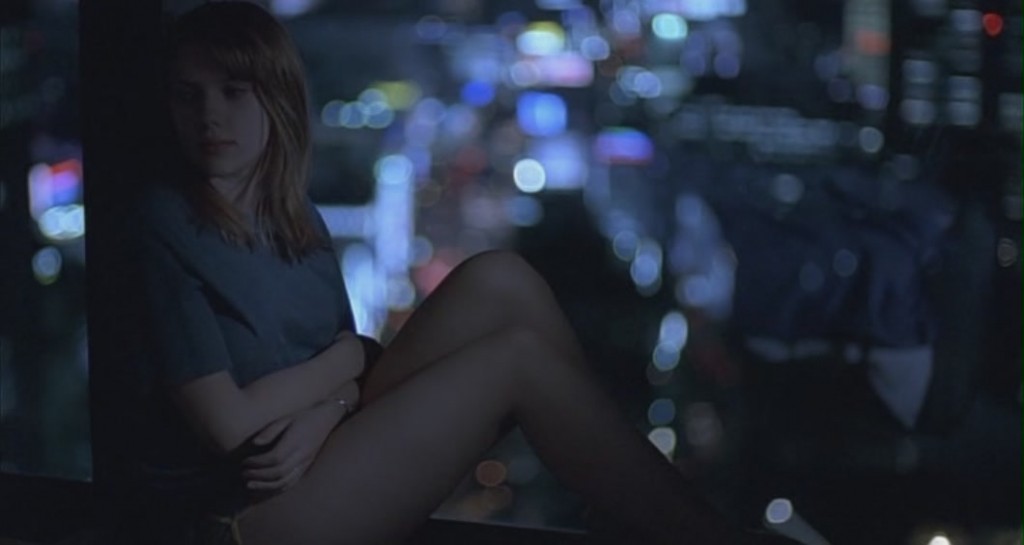
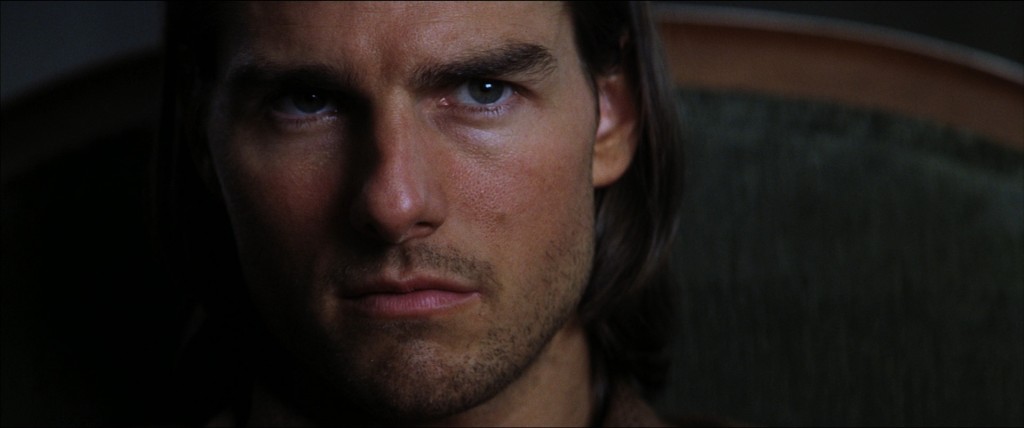
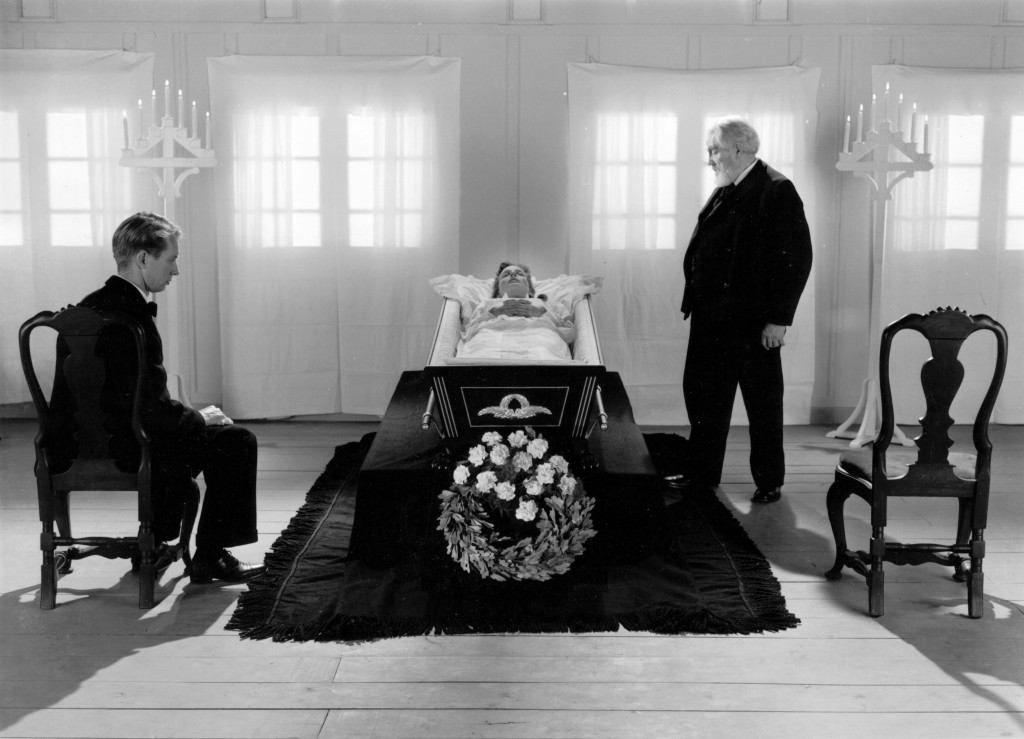
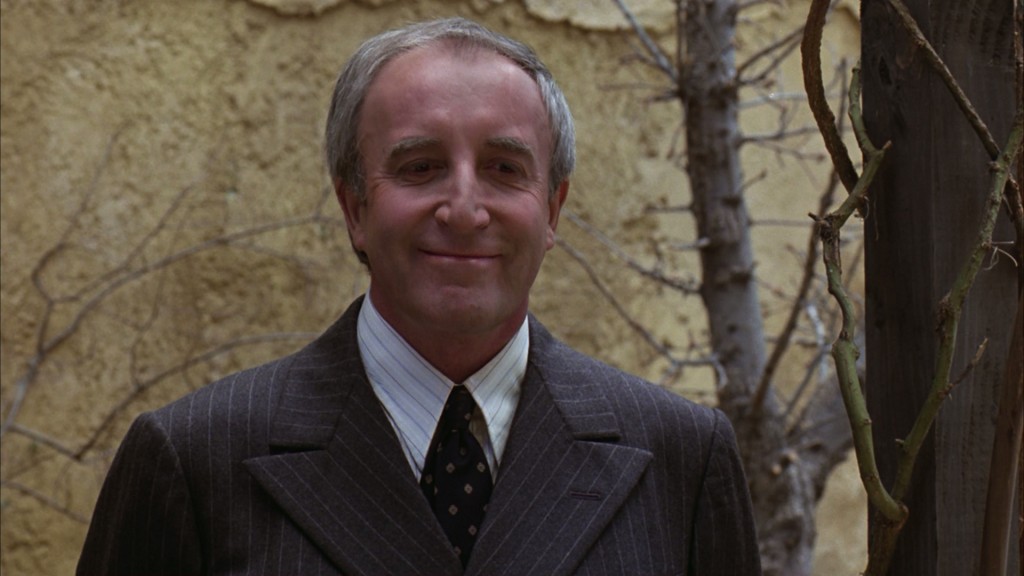
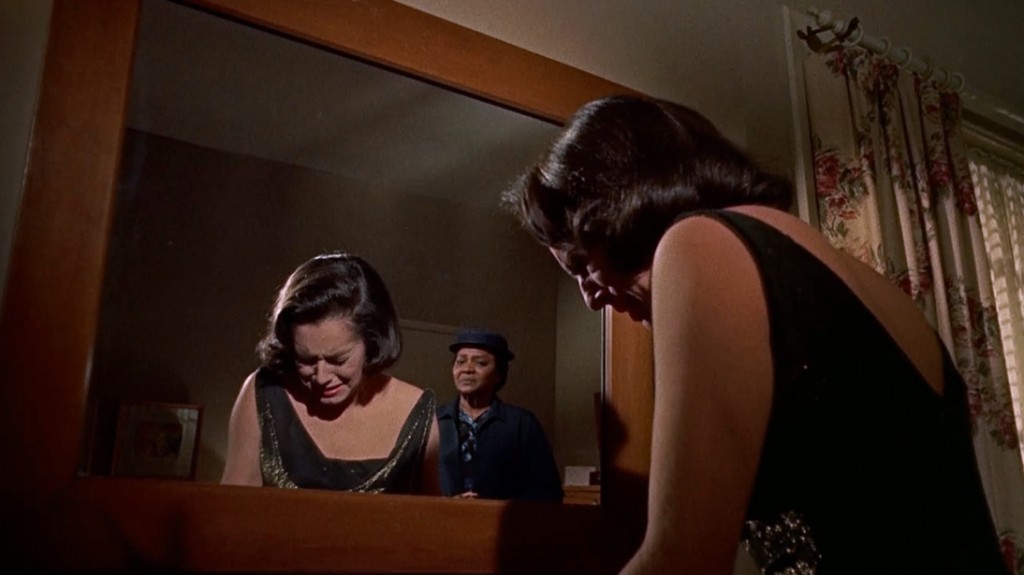
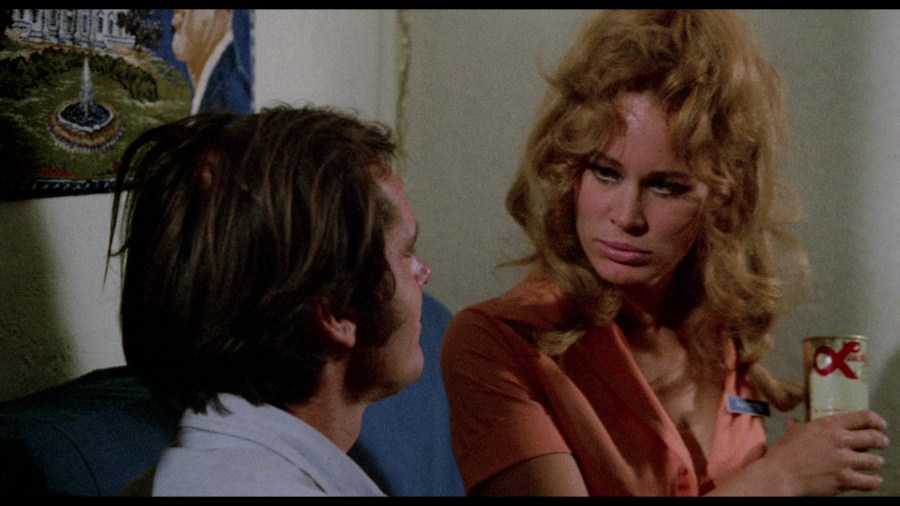
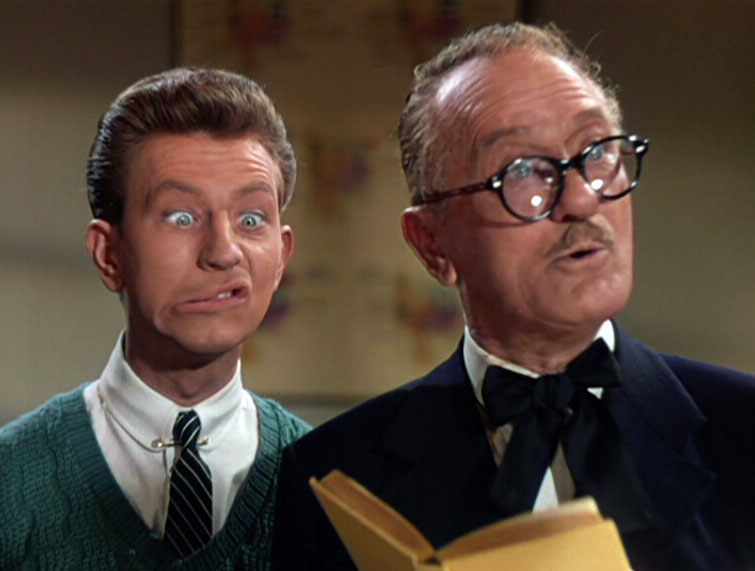
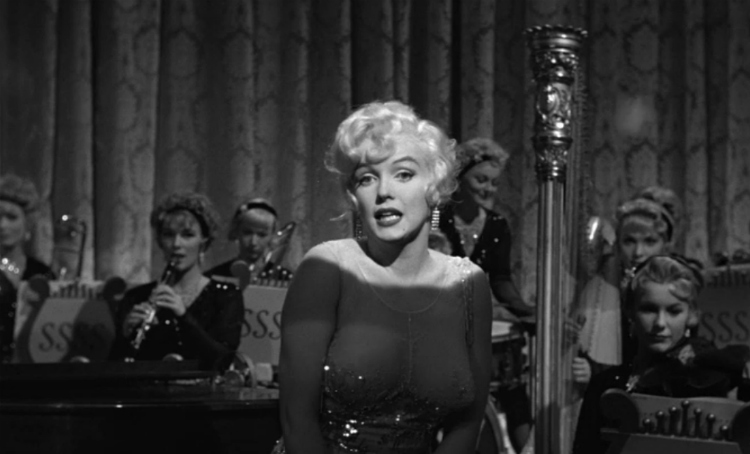
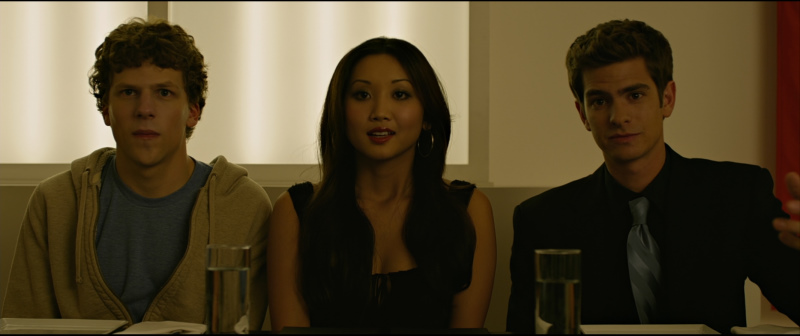
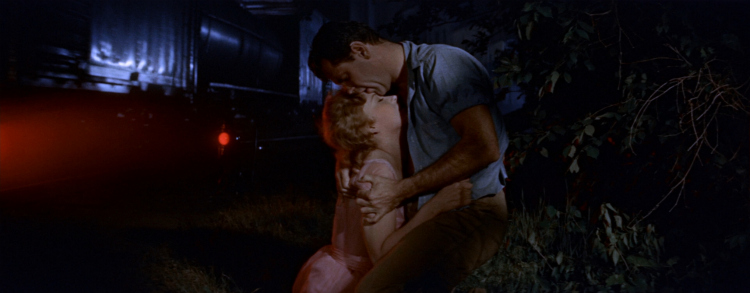
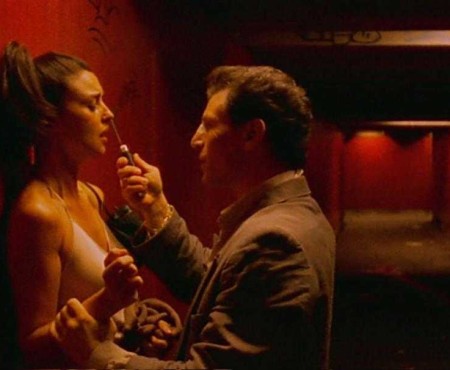
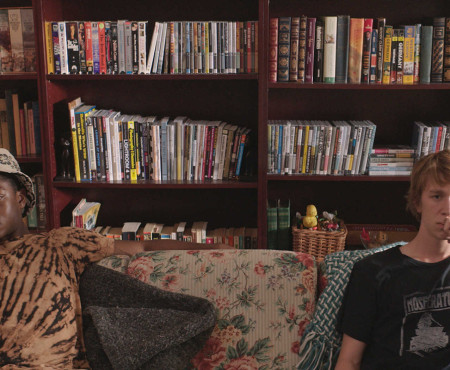
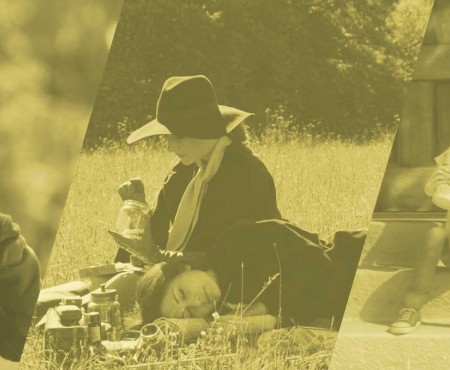
2 thoughts on “Top 10 Golden Globe Victories”
The Social Network and Lost in Translation wins are great examples of when the Globes get it right. Ditto for Tom Cruise in Magnolia. I’m sure there’s a list of ridiculous Golden Globe winners that could be made, but seeing the much better films getting recognized is always refreshing.
Cruise’s win should have translated into an Oscar, but the Academy has its own priorities. Looking forward to a few surprises at the next Globes.